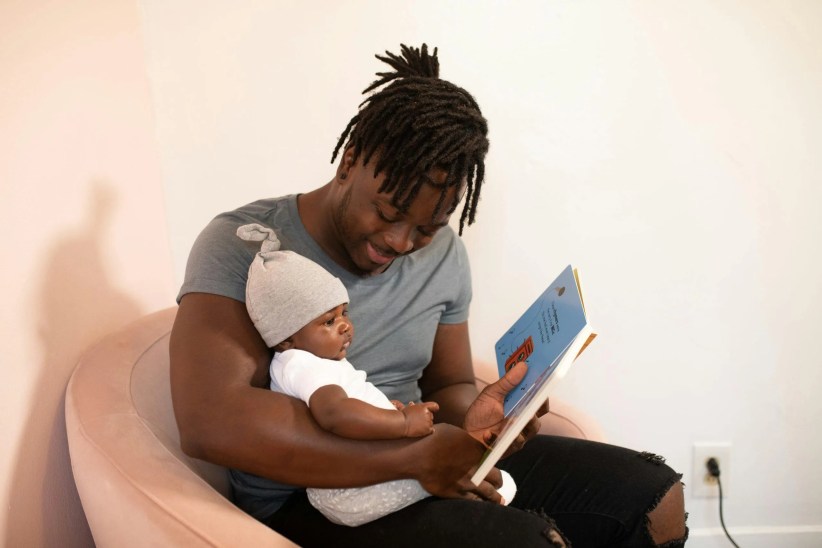Learning to fall asleep is a skill that needs to be taught to babies, and parents can do this with sleep training. Pediatric sleep consultant Brooke Nalle of Sleepy on Hudson shares guidelines parents should follow when beginning to sleep train their baby.

When my son was first born, I would look at him and wonder why he didn’t just fall asleep; or if he did fall asleep, I wondered why he would wake up as soon as I put him down or wake up just an hour later.
Years later, I now understand one of the biggest misconceptions we often have about baby and toddler sleep. Falling asleep is a skill that babies learn, for some learning comes easily, almost naturally, and for most, learning how to sleep can be a very bumpy process.
Sleep training whether you choose a very gentle, gradual method, or a very efficient yet intensive method is quite simply the way you teach your child how to fall asleep independently and how to put himself back to sleep as he transitions from sleep cycle to sleep cycle.
Very few babies younger than 4 months can sleep train successfully. At this time, there tends to be a lot of crying with very little results. Keep in mind that you should not sleep train a baby when he is sick, actively teething, or suffering from possibly undiagnosed reflux. If your baby develops a fever in the process of sleep training, pause and start when he is better.
If you are a breast feeding, understand that when you stop offering feedings at night, you risk negatively affecting your milk supply for your baby. Speak with a lactation professional or your pediatrician if you are concerned about this.
If you want to sleep teach or train, and you know that your baby still needs to eat at night then plan to do either a dream feed (you pick him up from his sleep and offer a bottle or the breast for a feeding) or a set timed feeding, i.e. I will feed him when he wakes at 11pm and at 4am, but not in between.
Brooke Nalle, mother of three, is the founder and pediatric sleep consultant at Sleepy On Hudson. She has a master’s in education and has advanced training in sleep training 4- and 5-month-olds. Nalle has worked with parents in New York City, Westchester County, Connecticut, Philadelphia, Los Angeles, among others.





















